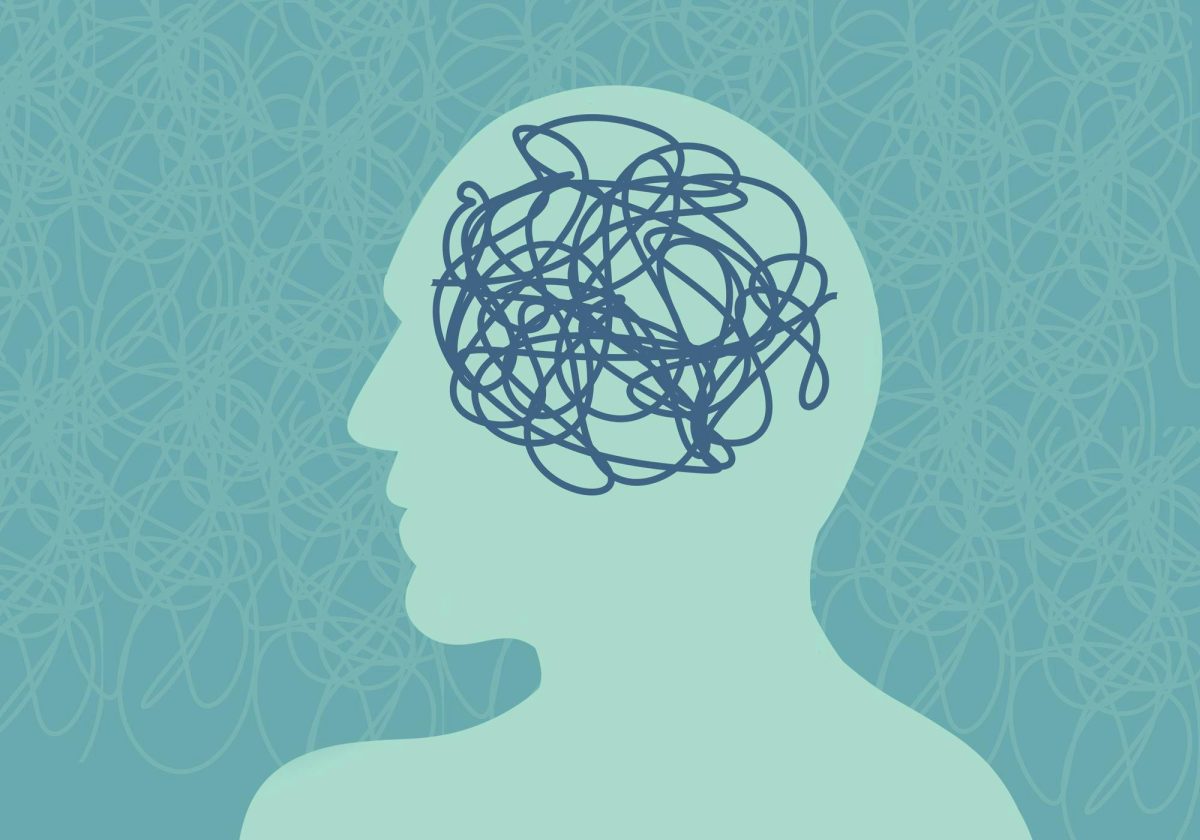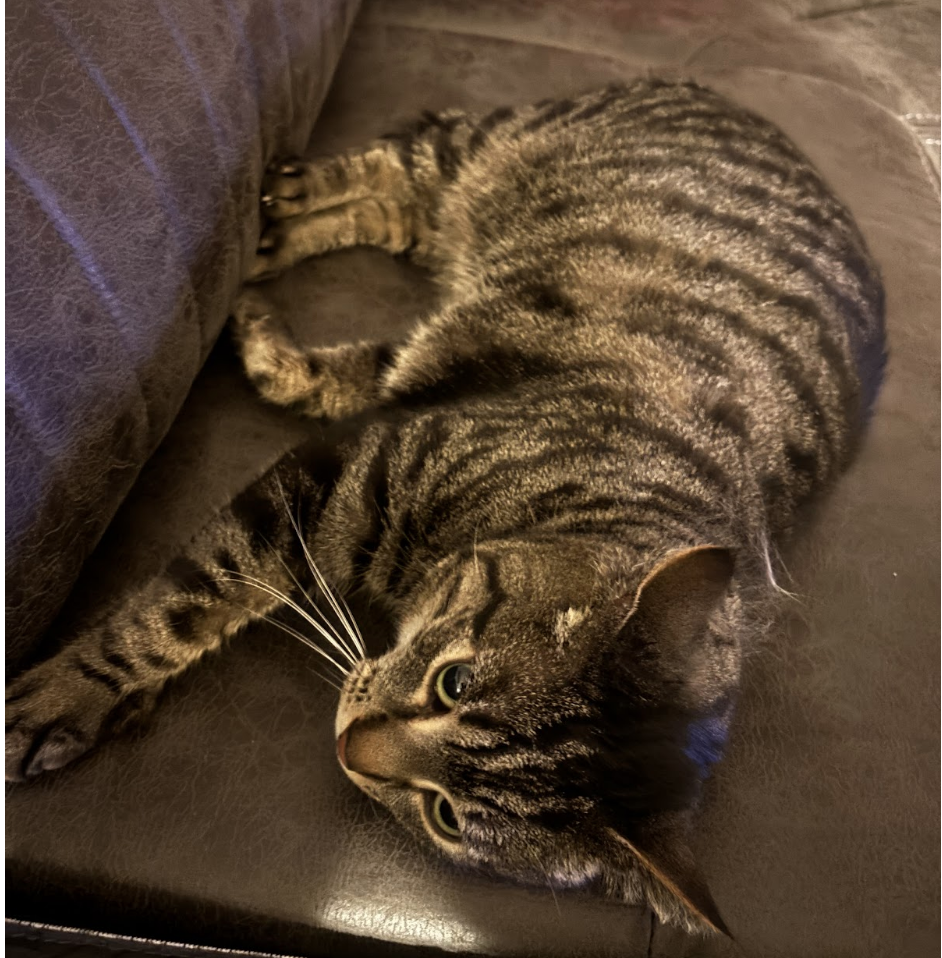You clean your room for an hour and text your friends: “Omg, I’m so OCD! I literally can’t have a single thing out of place.” You overhear a girl on your bus telling her boyfriend that she feels like “this test will give me a panic attack.” You hear your sister saying, “This weather is so bipolar!!” as it begins to rain. Many people inadvertently use mental health terms as part of their vocabulary. However, whenever someone uses a mental health term in these ways, it often reinforces an incorrect stereotype associated with that mental health disorder. This trend is condoned not only by the general population but also by companies. The brand “Obsessive Compulsive Cosmetics” is a play on OCD (Obsessive Compulsive Disorder). While it may seem like a cute play on words, it blurs society’s views about OCD and downplays the hardships people with Obsessive Compulsive Disorder face. Other posts with ignorant uses of mental health terms frequently appear on my Instagram page. Sure, such posts may be humorous and give them a couple of thousand likes, but the poster is actually contributing to the problem. Mental Health is something that needs to be talked about, but not talked about ignorantly by reinforcing stigmas. While we are all guilty of occasionally saying the wrong thing, it’s important to understand different mental health disorders and show respect to people dealing with these conditions.
ADHD (Attention Deficit Hyperactivity Disorder) is not always the inability to sit still. ADHD can involve prioritization issues, impulsiveness, and/or difficulty with planning and organization. Having ADHD is not the inability to stay still in one place, but rather a hundred different possible symptoms. Mental health disorders vary greatly, not just the stereotypes that the media likes to showcase.
The definition of OCD, or Obsessive Compulsive Disorder, is not always the inability to have things out of place. In fact, you can be very sloppy and have OCD. OCD often deals with painfully intrusive thoughts that evoke fear and the need to keep thinking about the thoughts. OCD can involve the need to clean things, but that is just one variant. When someone with OCD is cleaning or putting things in order, their brains are likely forcing them to continue cleaning and putting things in order for fear that something terrible will happen if they don’t do these things.
Bipolar Disorder is not just about being moody, but rather when someone struggles with depression and mania. There are so many mental health disorders that impact people in different ways. So next time, before you casually drop ADHD or OCD in conversation, think before speaking. Could this minimize what someone may be going through? Am I disrespecting something that someone might be actively fighting against? Am I reducing the intense journey someone had to struggle through?
Educate yourself and others on mental health. Because as more people understand mental health disorders, more people feel validated themselves.









Sabie • Apr 9, 2025 at 7:55 am
I’m glad you wrote about this, I feel like Gen Z is becoming more lax with the words they use and the effect they have. A reminder to think before you joke about things you might not understand is very important.